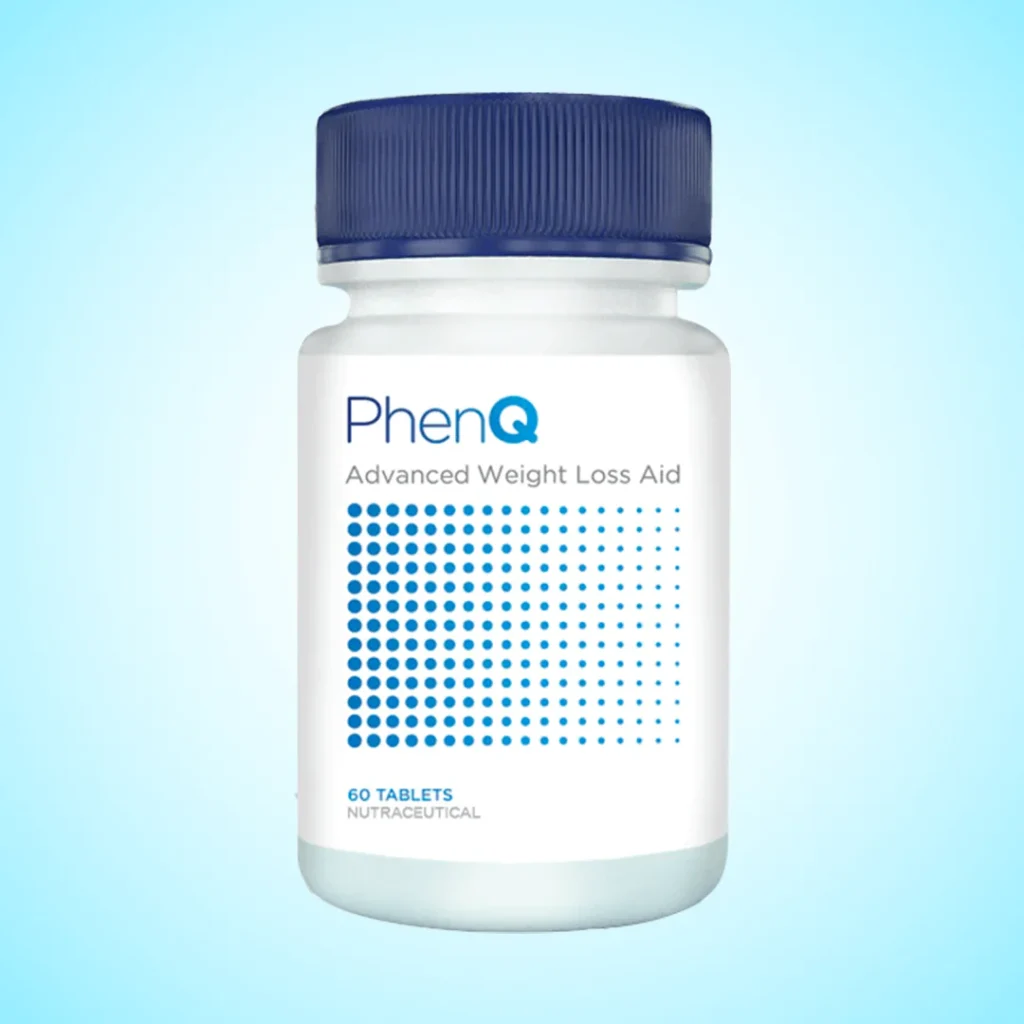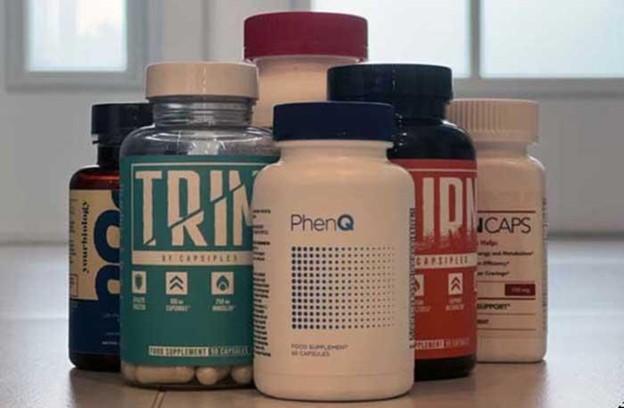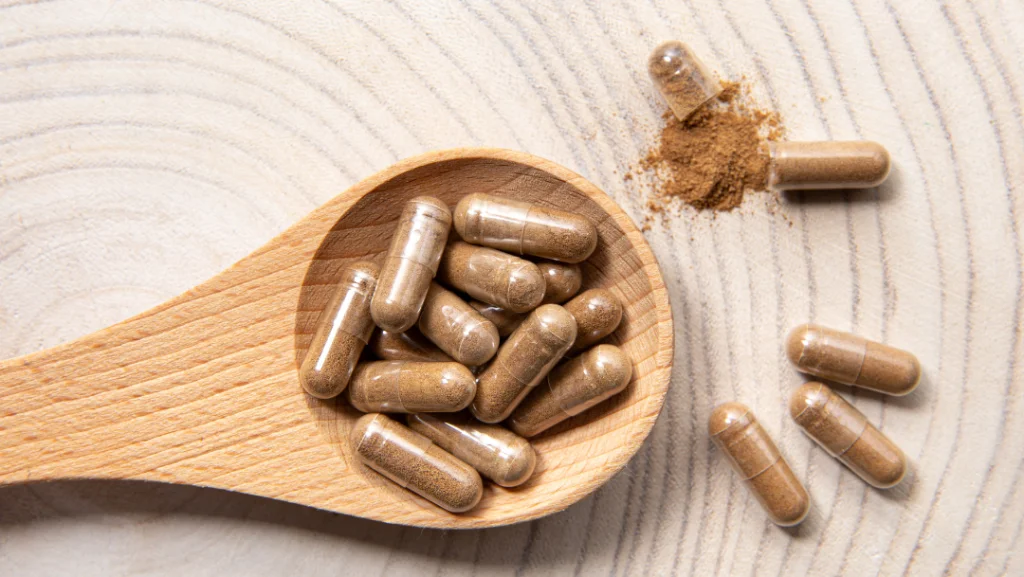By Dr. Sofia Miller, BPharm (Hons), MClinSci
Clinical Pharmacologist · Updated November 2025 · Educational Purposes Only

What Is PhenQ?
From an educational standpoint, PhenQ represents a class of multi-mechanism weight-management formulations designed to address several interconnected drivers of weight gain:
- increased appetite
- unstable blood-sugar patterns
- low energy during calorie restriction
- emotional eating or nighttime cravings
- reduced metabolic rate during dieting
Unlike prescription stimulants such as phentermine or phendimetrazine, PhenQ uses non-pharmaceutical ingredients that are typically regarded as safe in dietary supplement regulations when used as directed.
PhenQ Reviews Before and After [with Evidence]

Patterns commonly described in consumer surveys or research-style feedback reports include:
- steadier energy
- lower calorie intake
- improved hydration
- reduced sugar cravings
- more consistent meal timing
- visible waist-line changes after 8–12 weeks
PhenQ Results After 1 Month
Typical early changes in structured weight-management programs:
- reduced cravings
- improved portion control
- 1–3 kg decrease due to lower caloric intake
- less late-night snacking
- increased step count due to improved energy
PhenQ Results After 3 Months

With consistent adherence:
- 3–6 kg average reduction in educational case examples
- noticeable waist-line changes
- improved carb tolerance
- increased lean-mass retention during dieting
PhenQ Results After 5 Months
Longer programs (120–150 days) often demonstrate:
- 6–10 kg reductions in structured lifestyle plans
- improved metabolic flexibility
- better meal-timing discipline
- stronger sleep patterns
Again—these outcomes depend entirely on caloric balance, diet structure, training routine, sleep, and individual physiology.
PhenQ Reviews – Complete Pack for Weight Loss
PhenQ Day (Pills) — Appetite + Energy Model
Designed to align with:
- morning appetite spikes
- midday cravings
- afternoon energy crashes
PhenQ PM — Night Support Model
Educational sleep-metabolism studies highlight the connection between:
- poor sleep → increased hunger hormones (ghrelin)
- better sleep → improved calorie control
PhenQ Complete Meal Shake — Structured Caloric Intake
Meal replacements support:
- satiety
- macronutrient balance
- smoother caloric reductions
- prevention of protein deficiency during dieting
In contrast, OTC supplements are sometimes explored by individuals who prefer gradual, lifestyle-aligned strategies rather than acute appetite suppression.
How PhenQ Weight Loss System Works?

1. Appetite Control (Daytime Formula)
Fibers, chromium, and mild stimulants help regulate hunger patterns associated with poor blood-sugar control or emotional eating.
2. Metabolic Support (Thermogenesis)
Capsaicinoids slightly elevate resting energy expenditure.
3. Energy Maintenance
Caffeine + B-vitamins help reduce dieting-related fatigue.
4. Night-Time Support (PhenQ PM)
Ingredients such as 5-HTP, L-Theanine, and melatonin normalize:
- cravings
- nighttime snacking
- sleep-related hunger cycles
5. Meal Replacement Strategy (PhenQ Complete Shake)
In educational case studies, balanced shakes help:
- reduce daily calorie intake
- improve protein intake
- support stable blood-sugar levels
PhenQ vs Prescription Weight-Loss Drugs (Comparison Review)

| Factor | Prescription (Phentermine / Phendimetrazine / Duromine) | Non-Prescription (PhenQ Concept) |
|---|---|---|
| Primary Mechanism | CNS stimulant | Natural appetite + thermogenesis |
| Usage Duration | 8–12 weeks | Longer-term behavioral support |
| Medical Oversight | Required | Advised, especially with conditions |
| Suitable For | Individuals meeting BMI criteria | Individuals seeking gentle, educational approach |
| Side Effects | Insomnia, dry mouth, BP changes | Mild caffeine sensitivity |
PhenQ Ingredients & Scientific References

This section explains mechanisms—not clinical outcomes from PhenQ specifically.
α-LACYS RESET® (Alpha-Lipoic Acid + Cysteine)
Evidence: A 2017 clinical study on ALA supplementation showed improvements in metabolic markers and oxidative balance (J Int Soc Sports Nutr. 2017).
Educational mechanism: Supports mitochondrial efficiency & redox balance → influences energy expenditure.
Capsimax® (Capsicum + Piperine + Caffeine + Niacin)
Evidence: Capsaicinoids are shown to increase thermogenesis and fat oxidation in healthy adults (Appetite. 2014).
Educational mechanism: Mild increase in thermogenesis = slightly higher calorie burn.
Chromium Picolinate
Evidence: Chromium has been studied for its role in glucose control and reducing carbohydrate cravings (Diabetes Technol Ther. 2014).
Educational mechanism: Helps stabilize appetite by supporting insulin action.
Nopal Fiber
Evidence: Plant fibers are widely studied for increasing satiety and delaying gastric emptying.
Educational mechanism: Reduces snacking by prolonging fullness.
L-Carnitine Fumarate
Evidence: L-Carnitine supports fatty-acid transport into mitochondria (Nutrients. 2020).
Educational mechanism: Supports energy production from fat during exercise and calorie deficit.
Important: These references apply to their ingredients independently—not as direct evidence for PhenQ outcomes.
Why PhenQ Is Trending in 2025

1. Multi-Mechanism Approach
Addresses appetite, mood, energy, and thermogenesis instead of using a single mechanism like stimulants.
2. Stimulant-Free Night Formula
Helps manage cravings without affecting sleep.
3. Meal Replacement Strategy
Early clinical diet programs show greater adherence when meals are simplified and protein is optimized.
4. Accessibility
Because many adults do not meet prescription criteria, OTC support formulas are increasingly studied as behavioral-adherence aids.
Safe and Legal Over the Counter Weight Loss Formula
In the United States
Prescription medications like phentermine and phendimetrazine:
- require medical screening
- are short-term only (8–12 weeks)
- may affect blood pressure, heart rate, and sleep
- are not suitable for individuals with anxiety, cardiovascular issues, or stimulant sensitivity
For educational comparison, over-the-counter formulations such as PhenQ are often discussed because they:
- do not contain amphetamine-like stimulants
- have gentler metabolic effects
- are intended for individuals not eligible for prescription drugs
In Australia
Phentermine-based medications (Duromine, Metermine):
- require GP approval
- have specific BMI criteria
- are short-term only
- may cause strong appetite suppression + side effects
Conclusion
PhenQ is frequently discussed—not as a replacement for medical treatment—but as a multi-mechanism educational model for supporting lifestyle-based weight management.
Its key advantages include:
- non-pharmaceutical ingredients
- gentle appetite support
- mild metabolic enhancement
- day and night formulations
- structured meal-replacement strategy
However, individuals should consult a healthcare professional before starting any supplement or weight-management routine, especially if they have underlying medical conditions.
Note:
This guide provides an educational breakdown of PhenQ, including how its ingredients work, what research says about appetite and fat-metabolism pathways, and what kind of before-and-after changes someone may observe when using lifestyle strategies supported by a supplement like PhenQ.
It also compares PhenQ pills to prescription weight-loss medications such as Phentermine, Phendimetrazine, Duromine, and Metermine, in order to help readers understand why some individuals explore non-prescription, stimulant-free options.
This article does not recommend, instruct, or endorse the use of any supplement or medication, and all weight-management decisions should be made with a healthcare provider.
reference: https://journaliststudio.google.com/pinpoint/search?collection=db2dd32438b5f7ca

Leave a Reply